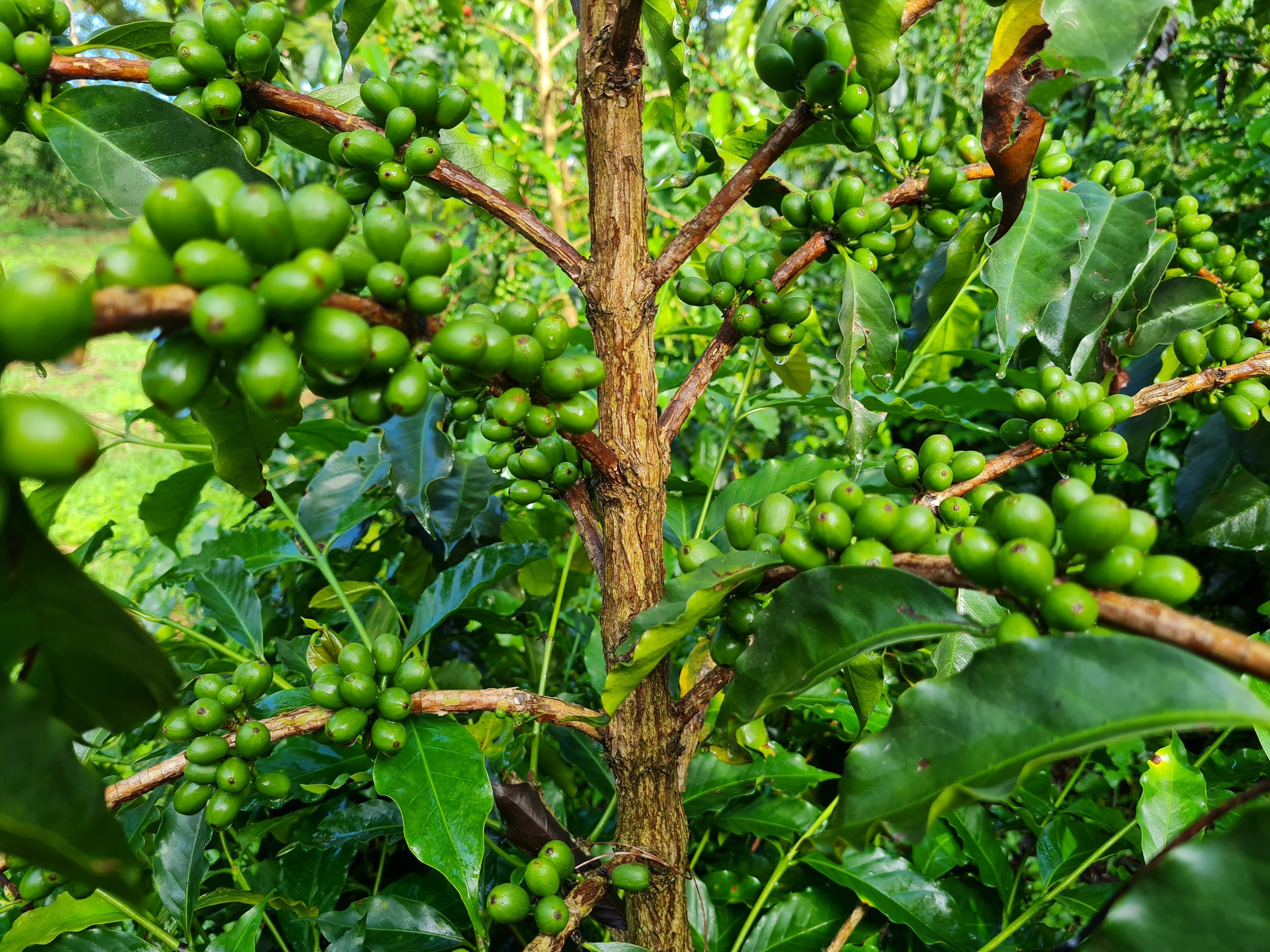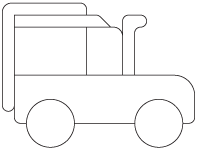
Beyond Specialty
Grown & Roasted in Mexico
About our coffee
-
Mexico has a wide range of microclimates, soil types, altitudes, light expositions and nearness to water bodies. This helps create a diversity of flavor compounds.
We have coffee right beneath volcanoes, coffee at high altitudes without even considering our 19° latitude (7,050 fasl or 2,150 masl), we have forest coffee inside mountains that oversee the ocean or deep inside the territory. Coffee from the Pacific and the Altantic. Our rich terroirs help keep the native flora and fauna.
-
Our coffee is grown in the Mexican mountains, handpicked by skilled workers that are both from the local communities or that travel across the country at the pace of the fruit collecting season.
Although the coffee is selected with machinery, the final selection includes the eyes and hands of careful women.
Coffee is a labor intensive craft and for that reason it is an important driver of social development. The big majority of coffeefarms are sourrounded by indegenous communities that struggle to get out of the poverty line. We believe coffee can be a solution for improving these communities economically.
-
Without science processes are blind attempts to improve quality. Science help us be consistent and understand the success behind trial and error. We help the coffeefarmers get closer to researchers in oder to understand and get over their agronomical hurdles and improve their post harvest techniques.
We have also helped our coffeefarmers to undestand the repercussions of their action in the cup by giving away sample roaster and teaching them how to cup. We have learned that when farmers cup they know the value of their work and stop being price takers and start being price givers.
Moreover, processing cherry adds value to the farmer’s product. That is the only way to have better margins and improve their life at least economically.
-
Mexico has always been a “developing country” and we will never escape this term if we continue exporting raw materials instead of exporting final products with added value. France does not export grapes but wine. Germany does not export steel and now China is not exporting lithium but batteries to give a few examples.
The same happens in coffee. It is a well known fact that the coffeefarmers are the element win the coffee supply chain exposed to the largest risk and that gets the least economic recognization. By roasting in origin we are incentivizing a circular economy where the money flow ends up in the farm with less leaks along the way. This one solution for making coffee farming sustainable in the near future.
-
As part of the cohesion of the supply chain, it is important for coffee farmers to understand, approve and share their insights of their own coffee. We invite our coffee farmer friend to roast, and cup with us. We invite our own coffeeshop’s baristas and customers to share their feedback as well. Each time we can we strive to join all the actors in the coffee chain. We also invite our customers to visit coffeefarms and get to know the source of their coffee and appreciate the origin.
-
In the current speciality market, it is a knowe fact that freshness in key. Roasters always share their roast date but they hardly share the harvest day. This fact is as important but always undervalued by non producing countries.
We find incredible, that despite sharing a border with the United States, mexican coffee has a poor representation in the american market. Being so close help us deliver faster, fresher but also avoiding intermediates that can damage the coffee’s quality. Taking out Hawaii’s or California’s coffee for their limited supply, Mexican coffee is as local as the US market can go.
We do not only share the harvest day as well as the roast date but we also use a nitrogen flush and a low oxyge expsition during our roast to bring you the freshest coffee in and integrated sense.




